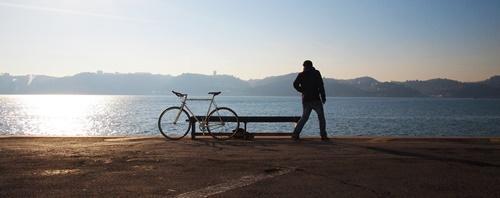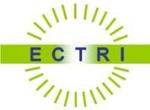In theFRAME-D project we investigate how smart digital solutions can aid decision makers and companies in a transition from a car-based urban transport system to a system based on clean energy and active mobility.
Digitization provides opportunities to measure, promote and organize sustainable travel behavior.
To achieve the goal of increased use of active and sustainable transport, we are developing the Fotefar app in collaboration with Epigram AS. Fotefar will be an integrated tool that registers both travel and physical activity and motivates users to increased active transport using elements from the computer game world ("gameification"). We have also collaborated with public the transport company Ruter and learned from the experiences they have had with RuterPIlot when it comes to incentives for sustainable transport.
This project has a holistic perspective which includes both private decisions concerning daily transport and professional considerations concerning logistics and efficiency. We will explore the potential of electric cargo bikes for changing how private transport and freight transport is conducted in urban areas. This will be done through focus group interviews with commercial and private actors, as well as through an evaluation of a subvention program for electric cargo bikes carried out in Oslo in 2016.
We have conducted interviews with transport operators and craftsmen companies to uncover the potential of commercial use of electric cargo bikes. We have started the collaboration with Oslo City council to gain access to potential users. A fact sheet about cargo-bikes will be published on tiltak.no.
We study the effect of these two interventions (subvention and gamification) through policy evaluation methods and randomized controlled trials, capturing short and long-term effects. In case studies with business actors, we will investigate the use of electric cargo bikes from a business perspective, as well as capturing the health and productivity benefits. We will give validated life cycle assessments of different modes of travel: changes in physical activity, substitution effects, productivity, changes to CO2 emissions, and the financial viability of cargo bikes in urban logistics.
The pandemic has influenced this project, like many others. A planned data collection on active transport, mood and productivity was to start in March, but had to be postponed. The data collection was carried out anyway, and changed the focus a bit from looking at the seasonal effects of changing travel habits, to looking at the effect of home office and experience of travel.
The survey was conducted as a panel survey and is expected to be published in the winter of 2020/21.






